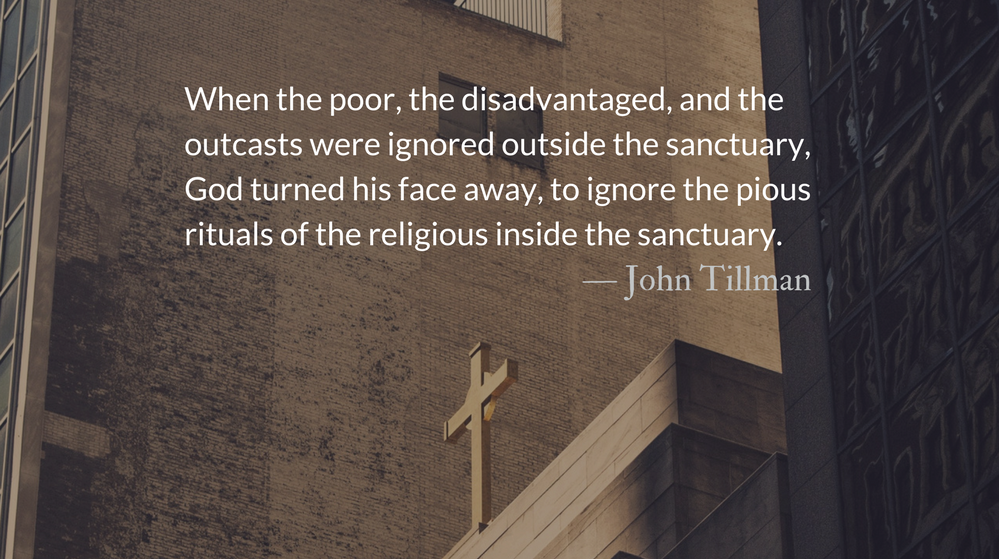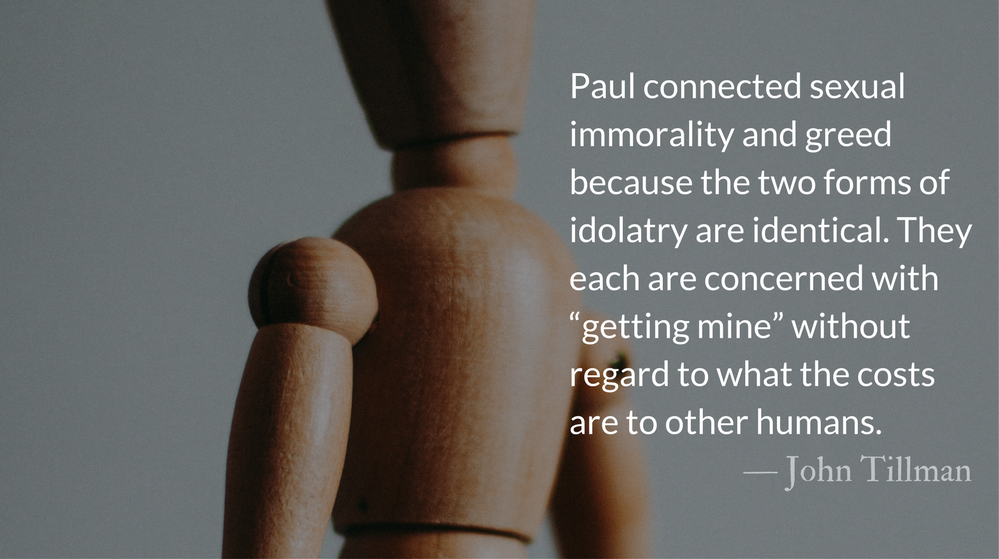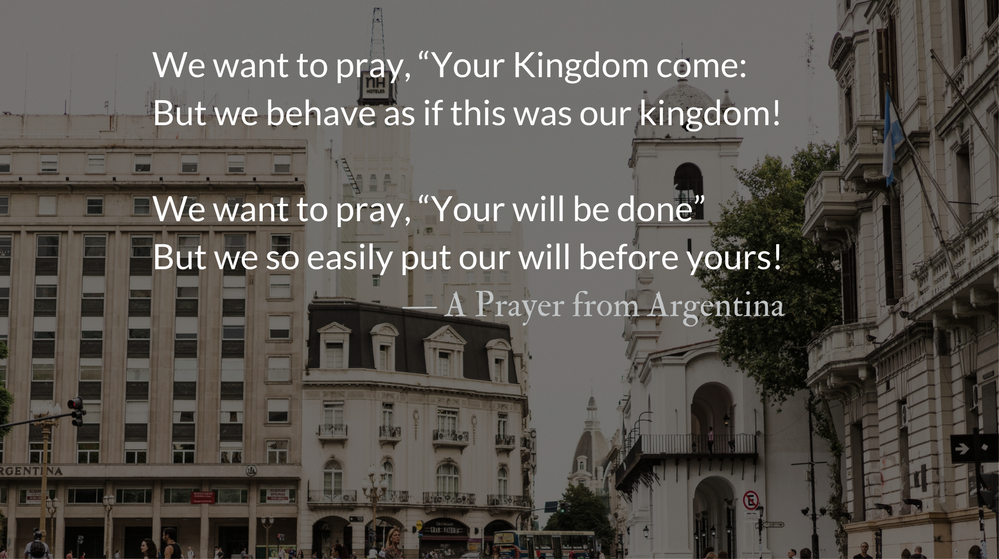Scripture: Proverbs 8.10-11
Choose my instruction instead of silver,
knowledge rather than choice gold,
for wisdom is more precious than rubies,
and nothing you desire can compare with her.
Reflection: Fasting to Benefit Others
By John Tillman
How did the Israelites’ celebrations of fasting and feasting go from being a trumpeted memorial before God in Numbers 10, to being something God despised in Isaiah 1?
How can we keep our fasting and feasting from becoming meaningless rituals that make us feel good about ourselves but are despised by God?
In Isaiah, God describes the festivals that he hates as being meaningless because of the lack of carryover into the community. The Israelites were observing the traditional actions without acting out their meaning in their lives. Their devotion to God’s regulations was meaningless because they were refusing to act on their devotion to their fellow men.
When the poor, the disadvantaged, and the outcasts were ignored outside the sanctuary, God turned his face away, to ignore the pious rituals of the religious inside the sanctuary.
Specific actions of fasting and feasting aren’t as important as the motivations that begin it and the actions that follow it. It is what we do beyond the event that brings meaning to our feasting and our fasting. When Jesus was critiqued regarding fasting and feasting, he responded by saying, “wisdom is proved right by her deeds.”
We need to enter fasting and feasting with the proper motivation—that of seeking God and doing his work. And we need to find a way to connect our fasting and our feasting to real life help for others.
When our fasting leads to a longing to serve and help others, and when our feasting celebrates and motivates us to participate in the work of Christ, our accompanying deeds will prove our spiritual wisdom. Through our churches, through charities we support, and individually, our wisdom can be proved right through our deeds.
No act of virtue can be great if it is not followed by advantage for others. So, no matter how much time you spend fasting, no matter how much you sleep on a hard floor and eat ashes and sigh continually, if you do no good to others, you do nothing great. — John Chrysostom
In this and other times of fasting or feasting, may we continually work to connect our observances to times of service and to the work of Christ’s church on behalf of others.
Prayer: The Greeting
I will offer you a freewill sacrifice and praise your Name, O Lord, for it is good. — Psalm 54.6
– Prayer from The Divine Hours: Prayers for Springtime by Phyllis Tickle.
Full prayer available online and in print.
Today’s Readings
Proverbs 8 (Listen – 3:26)
Ephesians 1 (Listen – 3:10)











